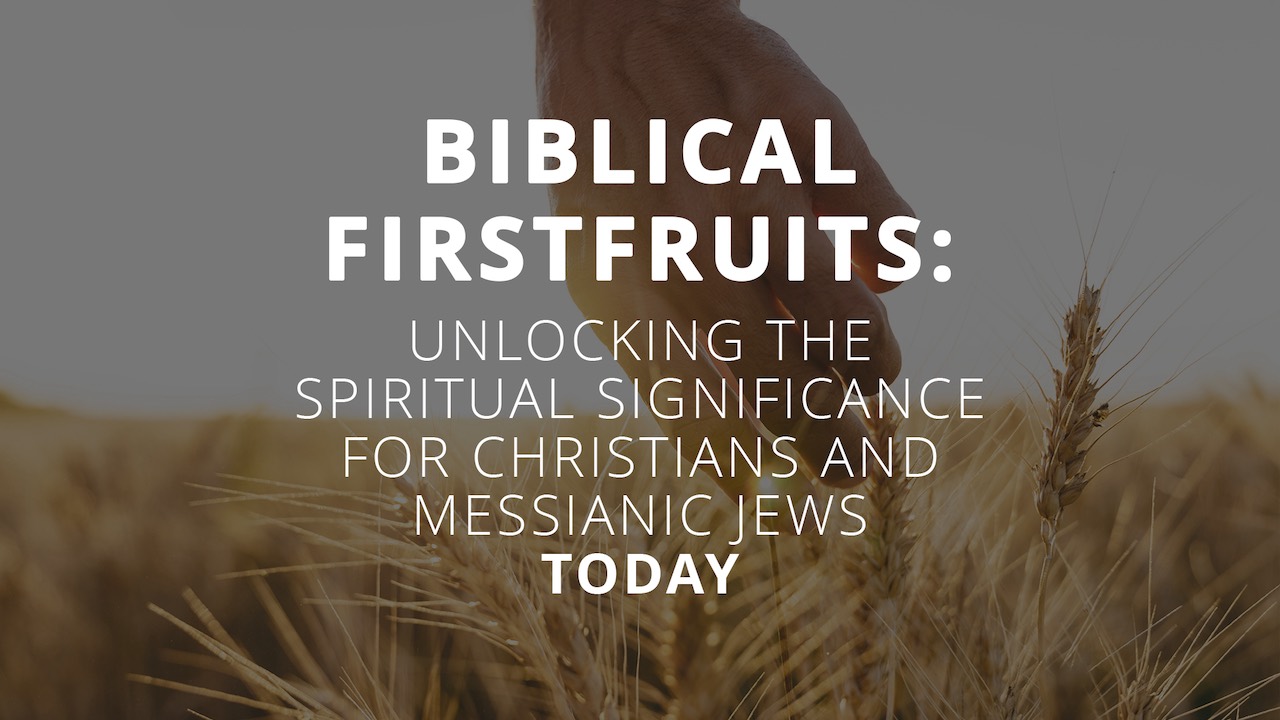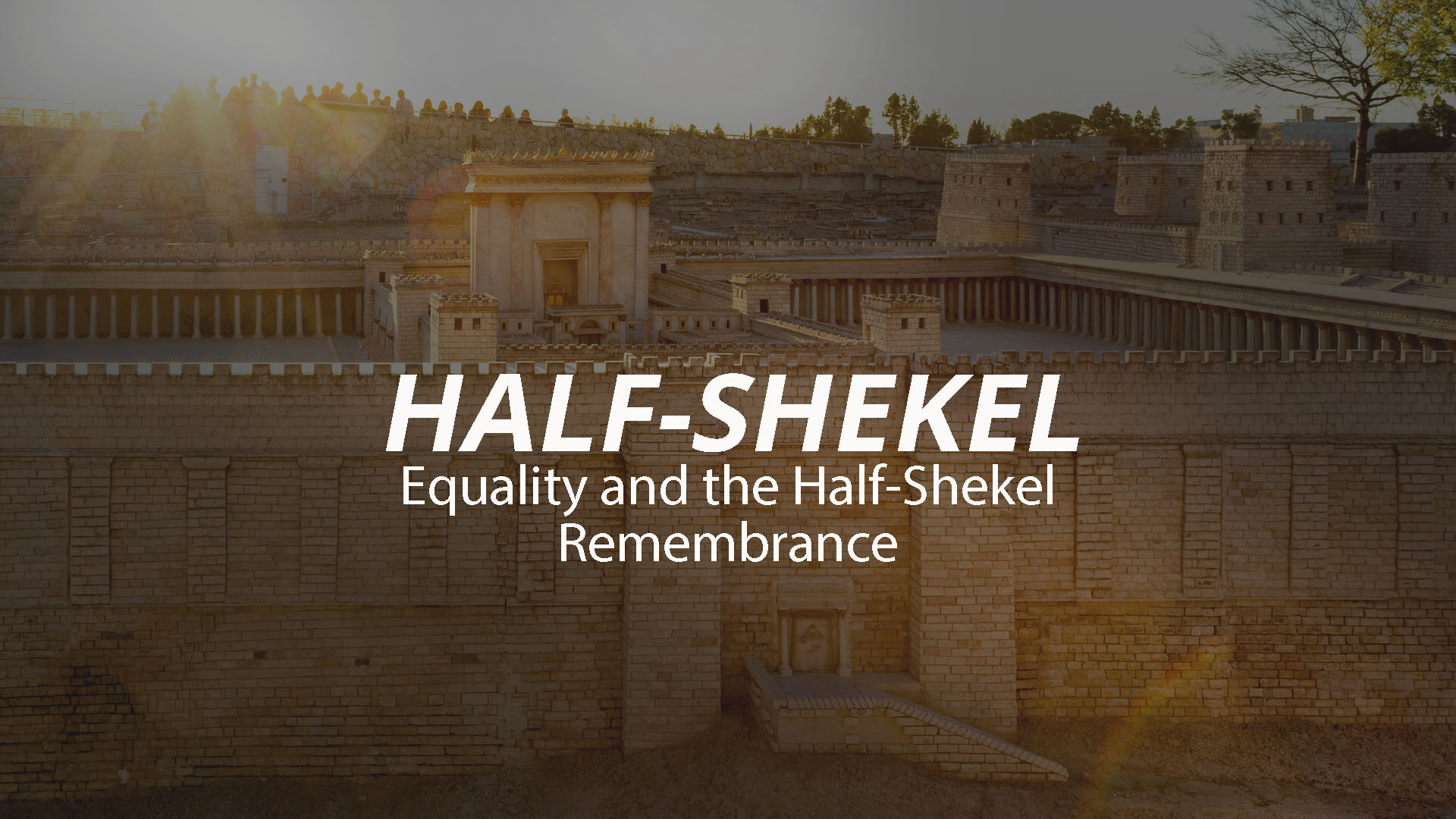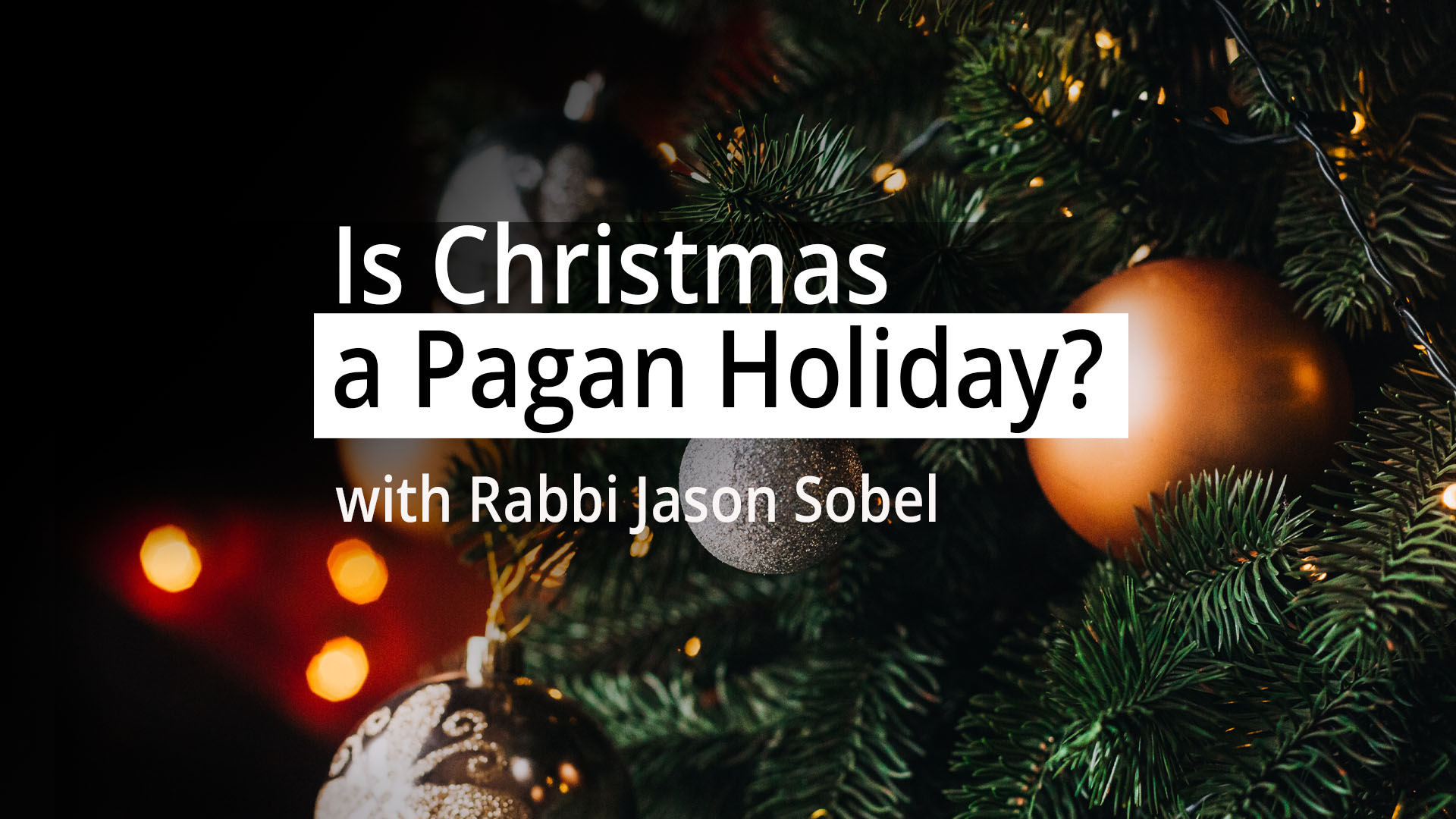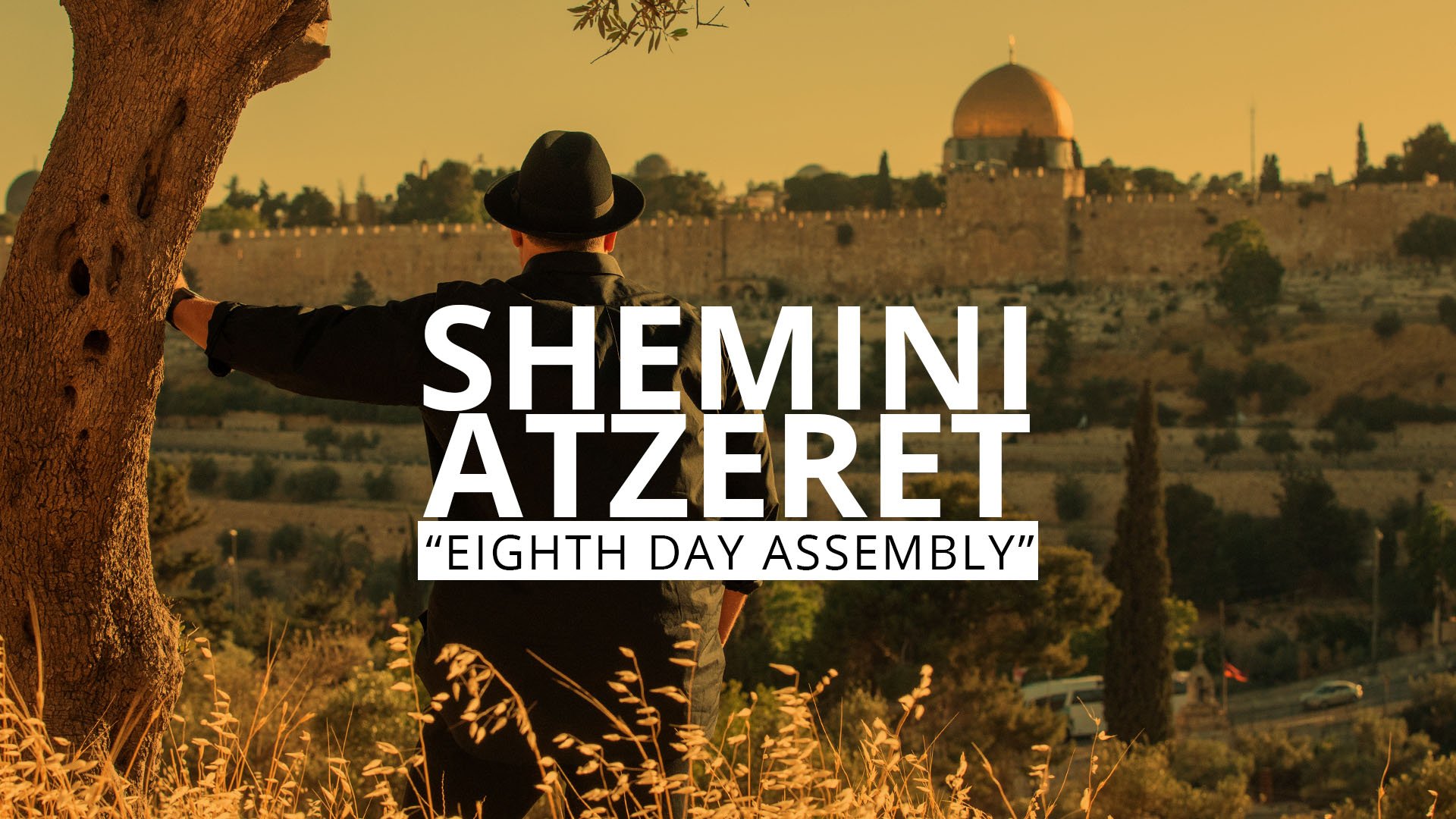
A Fire that Will Not Die “You will receive power… and you will be my witnesses…Acts 1:4,5,8 – The Resurrected Lord spent forty days with His disciples, preparing them to set the world on fire and carry out the Great Commission. However, He did not immediately send them out. Instead, He told them that they needed to wait and pray. While they knew the Father and spent years getting to know Yeshua, they would now need to receive and get to know the Ruach (the Hebrew word for “Spirit”).

Shavuot / The Sinai event was several things wrapped in one; perhaps most significantly, the “Word became flesh and dwelt among us”. In recounting the giving of the Law at Pentecost, Moses said, “Adonai came from Sinai and dawned on Bnei-Yisrael from Seir. He shone forth from Mount Paran, and He came from the holy myriads— blazing fire for them from His right hand.” (Deuteronomy 33:2). Shavuot (the Feast of Weeks), also known as Pentecost, is the traditional Jewish celebration of the reception of the Torah. It occurs seven weeks or fifty days after the feast of Passover, hence its name (the Greek word Πεντηκοστή – Pentēkostē, meaning “fiftieth”)

Firstfruits in the Bible holds significant spiritual and symbolic meaning for Followers of Yeshua – Jesus. The concept of firstfruits refers to the practice of dedicating the first and best portion of one’s harvest or income to God as an act of worship and gratitude. It is a way of acknowledging that all blessings come from God and expressing trust and reliance on His provision.

In Jewish thought, depression is seen to be one of the most dangerous and destructive forces in our spiritual lives. It is a curse that cripples us. Depression can rob us of our ability to love and serve God and others. We are in the midst of the Purim season, which is supposed to be one of the happiest times on the Jewish calendar. It’s a time of great simcha (celebration). Joy is to abound during this holiday and the entire Hebrew month of Adar. Esther 9:22 refers to this time as “the month which was transformed from sorrow to joy.”

We should also keep in mind that the half-shekel tax funded the operation of the Tabernacle/Temple. As to the value of each individual—existentially and liturgically (i.e., pertaining to the significance of their worship)—each Israelite was equal. There were no spiritual giants or supermen whose worship and prayer were more valuable. Neither were there spiritual infants whose spiritual service was worth less.

Should Followers of Yeshua celebrate Christmas if it is based on a pagan holiday? I think you will be surprised by this answer and may even learn a few things about the ‘root’ of other holidays as well.

Holiday Mirrors: What Hanukkah and Christmas Have in Common. The rich tradition and theological substance of holidays like Hanukkah bind us together as a community. Why wouldn’t we want to remember and celebrate an event that caused heaven’s armies to pause and erupt in lavish praise? As much as the Nativity and Hanukkah have some profound differences, they also have some deep similarities. As such, they both deserve a place in our practice and our communal storytelling.

What is Thanksgiving? It is so much more than a holiday—it’s a lifestyle for Followers of Yeshua – Jesus! Being thankful when things are going well in our lives is one thing, but “always”? “In everything”? The Apostle (and Rabbi!) Paul gave clear directives to those early believing communities. He expected thanksgiving would be a constant among them, even when enduring challenges. Frankly, this seems a bit idealistic, don’t you think? How can believers be thankful all the time?

Shemini Atzeret: According to Numbers 29:35, “On the eighth day there shall be for you an assembly. You are to do no regular work.” The holiday’s name literally means “Eighth Day Assembly.” Shemini Atzeret’s distinction is vital because its focus differs from Sukkot’s and ties directly to the “Lord’s Prayer” from Yeshua Jesus.

Sukkot celebrates God tabernacling among the children of Israel during their forty years in the wilderness as His presence led them as a cloud of smoke by day and as a pillar of fire by night. In light of this, there is a heightened theological significance of John 1:14: “And the Word became flesh and tabernacled among us.” I believe Yeshua-Jesus was born on Sukkot, for He is Emmanuel, God among us, the presence of the Lord dwelling among His people once again like He did in the desert.













